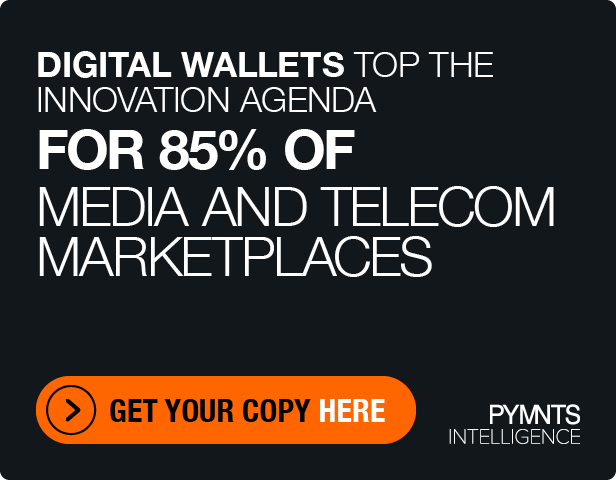Burger King Hedges its Crypto Bets With Digital Currency Loyalty Rewards

As major quick service restaurant (QSR) chains look for ways to differentiate their rewards programs to drive loyalty in the face of steep competition, Burger King is taking a big swing. The Restaurant Brands International-owned chain announced Monday (Nov. 1) that, for three weeks, it is rewarding members of its Royal Perks loyalty program with the chance to win cryptocurrency, provided in partnership with Robinhood Crypto.
Overall, the chain is giving away more $2.6 million worth of these digital currencies, comprised of 20 bitcoin, 200 ether and 2 million dogecoin. This multimillion-dollar move is a big swing at a time when major companies turning to cryptocurrency have seen mixed results, though the limit that Burger King is setting, both in terms of the amount of cryptocurrency being given away and the time period in which consumers can redeem these prizes, may offer some protection.
This promotion is far from the first time a major restaurant chain has looked to capitalize on the popularity of cryptocurrency, though Burger King is unique in offering these digital currencies as loyalty rewards. Most brands’ forays into the space have involved accepting crypto as a payment method at restaurants and through digital platforms.
In recent months, for instance, Quiznos announced a partnership with Bakkt to let customers pay with cryptocurrency, and in El Salvador, which in September became the first country in the world to adopt bitcoin as a national currency, McDonald’s announced that its locations therein would accept bitcoin through payment processor OpenNode. Starbucks began accepting crypto payments at select locations back in March 2020. For its part, Burger King made a deal with non-fungible token (NFT) marketplace Sweet last month to give Royal Perks members the chance to enter into an NFT collectibles game.
Read more: Quiznos, Bakkt Debut Pay With Bitcoin In Some Restaurants
McDonald’s El Salvador to Accept Bitcoin as Experts Question Profitability
NFTs Flip the Script on Fast-Food Toys With Crypto Collectibles
Cryptocurrency is far from a golden goose — not all companies that have turned to crypto payments have been successful. Take, for instance, United Wholesale Mortgage’s move in mid-October to scrap its cryptocurrency payments pilot, launched in August, just hours after declaring the program a success. Company CEO Mat Ishbia told CNBC at the time that there had been “not enough demand” to make the program work. The payment method may be even less practical for QSRs, wherein the bulk of sales are smaller purchases.
Also read: United Wholesale Mortgage Does About Face, Drops Crypto Payments
“If you wanted to buy a cup of coffee with bitcoin, that transaction could cost you $20 (in network fees),” Keith Johnson, general manager of Ternio, said in an interview with PYMNTS earlier this year. “Additionally, there is a speed issue that needs to be addressed, since transacting with BTC requires the blockchain to be updated with a number of confirmations, which takes time. In periods of high network congestion, that can take hours.”
See: Beyond Bitcoin: Mainstream Acceptance Sparks Push For Everyday Cryptocurrency
Burger King itself has a mixed past with bitcoin. Back in 2017, the chain announced that it was debuting a “Whoppercoin” cryptocurrency at its Russian locations, and by the autumn of 2019 Whoppercoin’s value had fallen to zero. At the start of 2020, the chain began accepting crypto payments at a location in Venezuela. Now, the move to offer these digital currencies as a reward for loyalty program members may be a safer bet, a way to engage crypto enthusiasts without putting as much on the line.
Read more: First Of 40 Burger King Venezuela Locations Now Accepts Bitcoin
